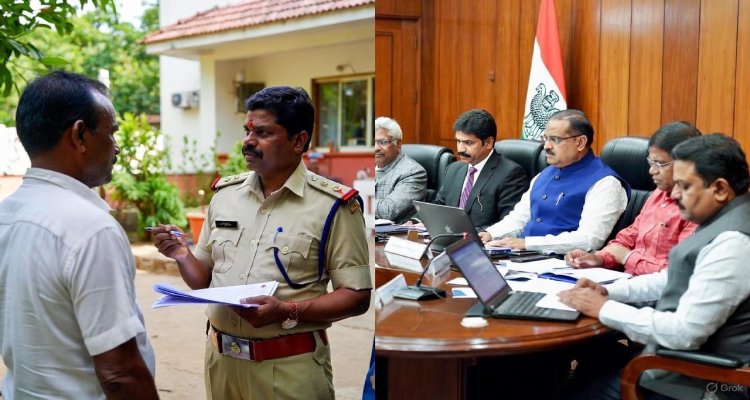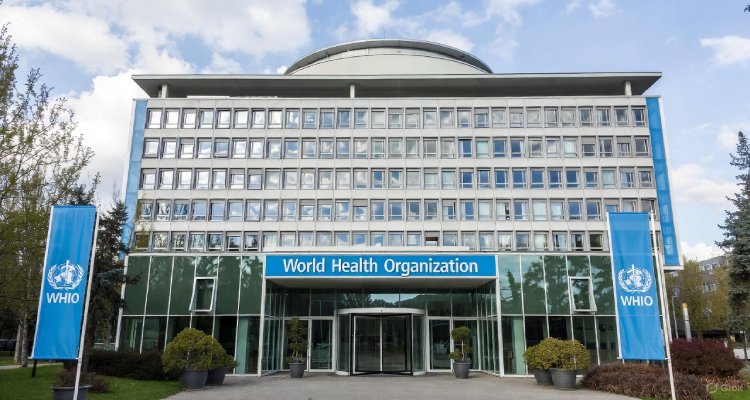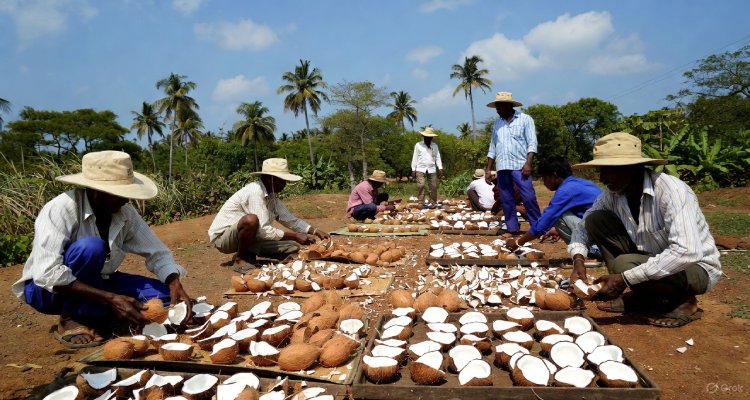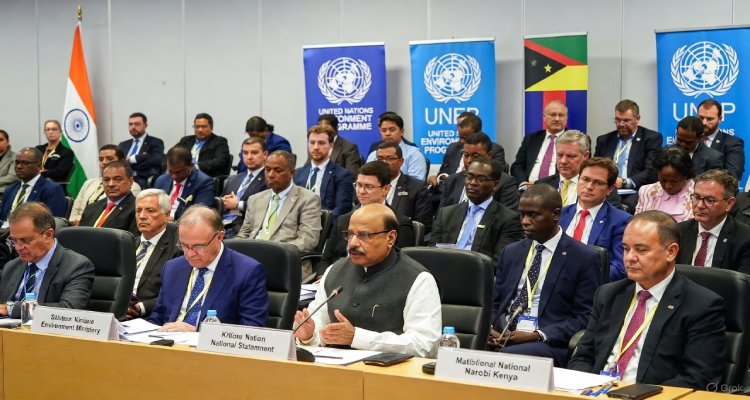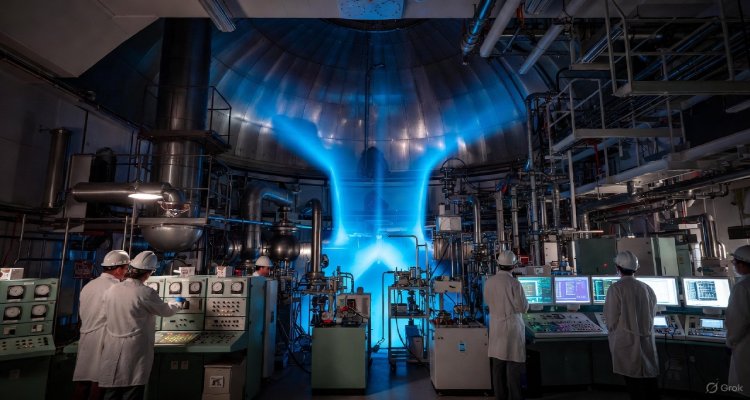NHRC Urges States to Act Swiftly to Prevent Cold-Related Deaths Amid Rising Climate Risks
The National Human Rights Commission (NHRC) calls on states and Union Territories to take proactive measures to prevent cold-related deaths, emphasizing human dignity and climate resilience.
Introduction: A Humanitarian Call in the Face of a Chilling Crisis
As temperatures begin to plunge across northern India, the National Human Rights Commission (NHRC) has sounded an urgent alarm. Citing thousands of preventable deaths from cold exposure in recent years, the Commission has directed 19 states and four Union Territories to adopt immediate, pre-emptive measures to safeguard the most vulnerable — the homeless, the elderly, and those without adequate shelter or resources.
This directive comes as climate volatility increases the frequency of extreme cold waves, transforming what was once a seasonal challenge into a recurring humanitarian emergency.
Context: The Chilling Reality Behind the Numbers
According to the National Crime Records Bureau (NCRB) report titled “Accidental Deaths and Suicides in India,” 3,639 people lost their lives between 2019 and 2023 due to cold-wave exposure. Many of these victims were daily wage earners, slum dwellers, or migrants living without proper housing or winter protection.
While India often grapples with the devastating impact of heatwaves, cold-wave fatalities remain an underreported crisis. Experts attribute this oversight to poor urban planning, insufficient night shelters, and inadequate early-warning systems.
Recognizing this, the NHRC has reaffirmed that human rights extend beyond freedom and equality — they also encompass the right to life, safety, and dignity, even amid environmental hardship.
Main Developments: NHRC’s Directives and the NDMA Framework
In its advisory, the NHRC emphasized adherence to the National Disaster Management Authority (NDMA) guidelines to mitigate the effects of cold waves. It urged state authorities to:
- Establish treatment protocols for cold-related illnesses and hypothermia.
- Set up day and night shelters with adequate heating, bedding, and sanitation.
- Provide accessible medical care and deploy mobile health units in high-risk areas.
- Ensure consistent monitoring of relief efforts, emphasizing accountability and proactive governance.
The Commission has also asked states to submit action reports detailing their preparedness and implementation strategies. It underscored that relief measures should not remain seasonal but evolve into sustainable protection systems for vulnerable populations.
Expert Insight: Climate Change and Human Rights Converge
Human rights scholars and environmental experts have lauded NHRC’s intervention as a timely and necessary response.
“Climate change is not just an environmental issue — it’s a human rights issue,” said Dr. Meera Joshi, a Delhi-based climate policy researcher. “The right to life and dignity includes protection from extreme weather events, which disproportionately affect those already marginalized.”
Experts further note that India’s rapid urbanization has exacerbated exposure risks, with thousands of people living on pavements or in makeshift shelters. Inadequate insulation, pollution-related health vulnerabilities, and limited access to healthcare amplify the toll of cold waves every winter.
About the NHRC: Guardian of India’s Human Rights Framework
Established on October 12, 1993, under the Protection of Human Rights Act (PHRA), the NHRC serves as India’s apex body for safeguarding constitutional and human rights. It operates in line with the Paris Principles adopted by the United Nations, ensuring independence, accountability, and fairness in its functioning.
The Commission’s core mandate includes:
- Investigating violations of human rights, either suo motu or through public complaints.
- Monitoring detention centers and shelters to assess living conditions.
- Reviewing national safeguards to strengthen protection frameworks.
- Spreading human rights literacy through education, media engagement, and research.
With powers equivalent to a civil court under the Code of Civil Procedure, 1908, the NHRC can summon witnesses, demand official reports, and recommend compensation to victims of state negligence. Its independent investigative wing, led by a Director General of Police, conducts inquiries into rights violations nationwide.
Impact & Implications: A Test of State Preparedness
The NHRC’s directive has put the spotlight on state governments’ readiness to handle the winter ahead. For regions like Delhi, Uttar Pradesh, Bihar, and Madhya Pradesh — where cold-wave deaths are most frequent — the challenge lies not in policy gaps but in execution.
Public health activists argue that the upcoming months will test whether local administrations can balance compassion with coordination. Shelter upgrades, public awareness drives, and healthcare preparedness will determine whether the lessons of past winters are finally learned.
The Commission’s advisory also sends a broader message: as climate extremes intensify, governance must evolve from reactive relief to preventive care. Protecting people from cold waves is no longer just a seasonal task — it’s a constitutional obligation tied to the right to life itself.
Conclusion: Upholding Dignity Amid the Cold
The NHRC’s intervention underscores a profound truth — human rights protection must adapt to the realities of a changing climate. In a country where millions still live without shelter, each drop in temperature poses a silent threat to survival and dignity.
As India braces for another harsh winter, the responsibility now lies with state administrations to turn advisories into action. Ensuring that no one dies from the cold is not just a test of administrative efficiency — it’s a measure of the nation’s humanity.
Disclaimer: This article is for informational purposes only and reflects developments based on official NHRC communications and publicly available data.



